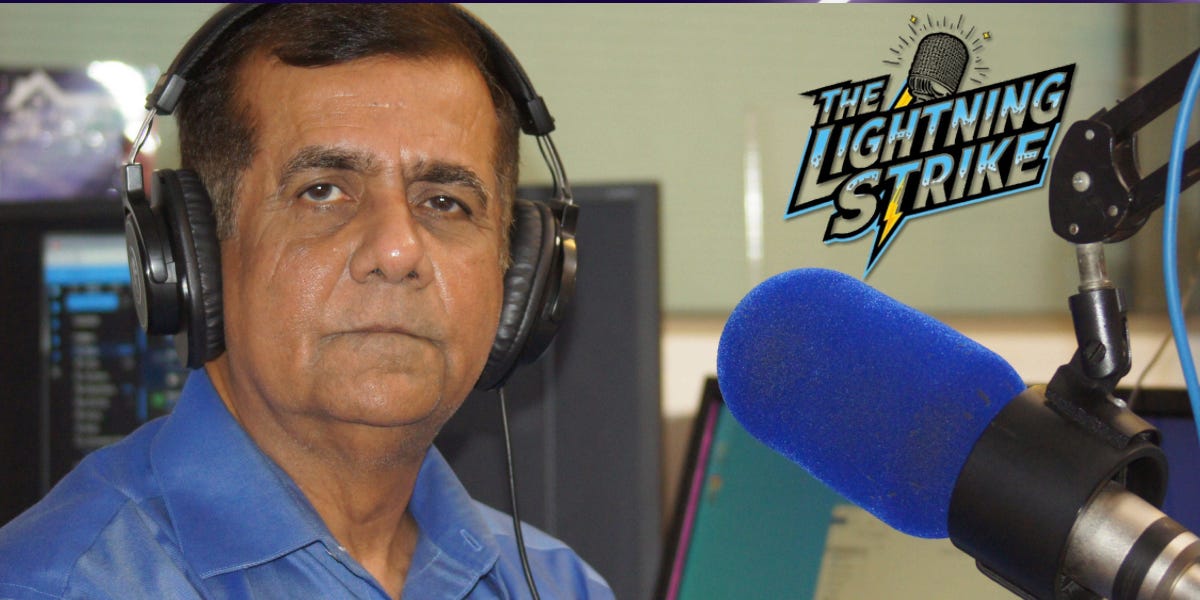By Mohammed Faheem
Lately, American politics has fallen into a predictable rhythm: the moment a public official questions rising rents, unaffordable groceries, or corporate price-gouging, a segment of the political establishment erupts with a familiar accusation — “communist!”
It’s a tactic as old as the Cold War and just as lazy.
One of the latest targets is New York Assemblyman Zohran Mamdani, a rising voice in the movement for democratic socialism. His proposals — city-owned grocery stores, free public buses, stronger tenant protections — have triggered a disproportionate panic among powerful interests. The reaction tells us far more about the establishment than it does about Mamdani.
But before we can understand the moral hysteria surrounding him, we have to walk through the three political and economic systems that are so often conflated in our public discourse: capitalism, communism, and socialism.
Capitalism is America’s default operating system. It rewards innovation, entrepreneurship, and competition. But when left unchecked, it also rewards exploitation, price gouging, and a level of wealth concentration that leaves working families struggling to survive.
We’re living in an era where millions of Americans log 40, 50, even 60 hours a week, yet still cannot afford housing, childcare, or even a basic grocery bill. You don’t need an economic degree to recognize that the system is not delivering for the majority.
Communism — the real model, not the caricature — involves state ownership of production, minimal private property, and centralized economic planning. It’s a system associated with one-party rule and limited democratic participation.
It has nothing to do with Mamdani’s platform.
He isn’t calling for the abolition of private business. He isn’t advocating central planning. He isn’t pushing for the government to seize industry. And yet, critics find it politically convenient to slap the label onto anyone who threatens established hierarchies.
Calling Mamdani a communist isn’t analysis.
It’s political theater.
What Mamdani actually advocates is democratic socialism — a hybrid model that preserves markets and private enterprise while using government to correct capitalism’s most damaging failures.
It’s not about replacing capitalism.
It’s about restraining its excesses.
In practice, democratic socialism asks:
Why can’t a city operate a few grocery stores to stabilize prices?
Why shouldn’t public buses be free in a city where transit is a lifeline?
Why do working families pay more in taxes, proportionally, than millionaires who profit off their labor?
Why is housing treated as a speculative asset instead of a human need?
These are not revolutionary questions. They are practical, democratic, and deeply American.
The backlash against Mamdani reveals a deep fear within both corporate and political elites. What they fear most is not communism — it’s competition.
A city-owned grocery store competes with monopoly chains.
Rent protections compete with predatory landlords.
Free buses compete with the pay-to-play logic of privatized services.
Taxing the wealthy competes with the entrenched privilege that defines our current economic order.
Democratic socialism challenges not capitalism itself, but the unaccountable concentration of power that capitalism has allowed.
And that is the real threat.
If the attacks against Mamdani tell us anything, it’s that America’s political fault line is shifting. The new divide is no longer left versus right. It’s the people who depend on the system to live versus the people who depend on the system to stay wealthy.
What Mamdani represents is a test — not of ideology, but of imagination.
Can we envision an economy where human dignity is prioritized over corporate profit?
Can we reinvent public good for a new century of inequality and technological change?
Can we resist fear-based politics long enough to build something more just?
These questions are not abstract. They form the front line of our political future.
And like any storm worth watching, they are gathering force.
(Mohammed Faheem is the Producer and Host of “The Lightning Strike” Radio show broadcast every Sunday from 9 am until 10 AM on WCPT 820 AM Radio.)

